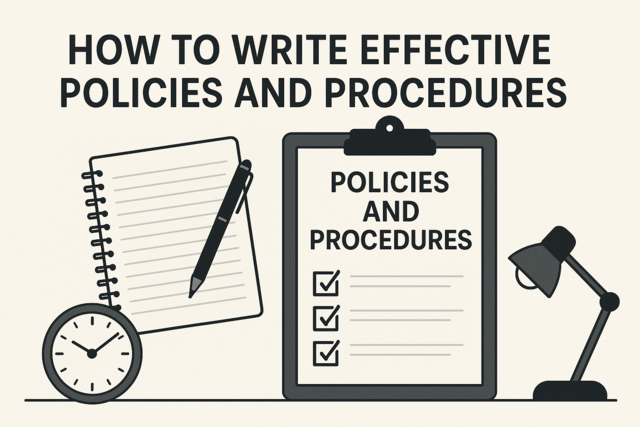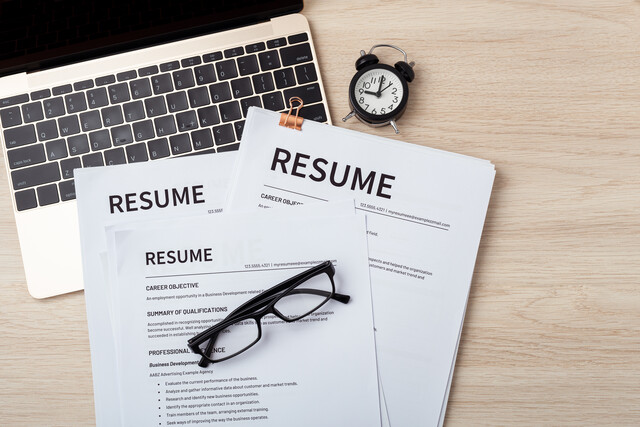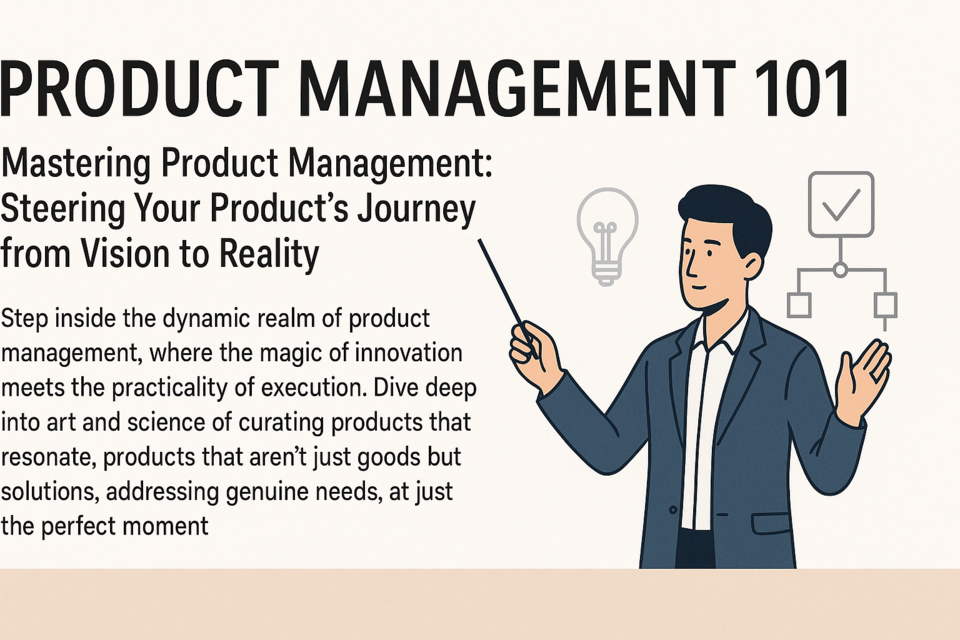So you figured out what employers want and landed that job interview. Now what? To avoid the "duh" look when asked a question, try reviewing and rehearsing the following interview questions in a mock interview session. These questions are not only good for preparing you for the interview, but they will also help you identify your true feelings towards the company as well as help you understand your own motivations. Learning how to interview well is the first step you need to take to better manage your career.
Common Interview Question #1 � Tell me about yourself.
This question is often used as an ice breaker, but it serves a double purpose as well. It is the most frequently asked question in a job interview. You will most certainly be asked this question, whether you are applying as a waitress or a creative director. If you are overly nervous or state an answer in a fake or unenthusiastic voice, then your potential employer will probably pick up on it, so be careful in not sounding too rehearsed, but still sounding intelligent and well put-together.
Common Interview Question #2 - What experience do you have in this field?
Hopefully you will have some experience to speak of, but if not, simply demonstrate your long-time interest or other accomplishments that would indicate that you are the right person for the job. With persistence, most smart employers will overlook lack of experience, because experience is easy to earn once you start working.
Common Interview Question #3 � Why did you leave your last job?
First and foremost, this is not the time to divulge all the dirt on your old boss, coworkers, or your poor work conditions. While privately you may commend yourself for your skills at dealing with difficult people, talking poor of your previous work experiences will likely make the person conducting the interview think this is how you'll talk about them should they hire you. While your last job may have been the worst job in the history of the universe, you certainly don't need to let your employer know this. If there is nothing positive to say about your old workplace, just keep it short and respectful and say you left to pursue other opportunities.
Common Interview Question #4 � Do you consider yourself successful?
The right answer here is obviously yes. Put all your self-doubt aside, for now or permanently, in order to convince your employer. List your specific life goals, what you have accomplished, what you are happy with, how you earned what you have in your life.
Common Interview Question #5 � What do you know about this organization?
Aha! So this is why the whole "research the company" step is important, huh? This is an opportunity to outshine your competition easily--without putting in years of extra experience or paying more for college. Know the company's current issues, their mission statement, and their major people.
Common Interview Question #6 � What do co-workers say about you?
This may seem like a difficult question at first, but given a little time to think it through, you will probably remember something amazing someone you worked with once said about you. Use that reference here. It has pretty much the same effect as if your co-worker were actually telling it to your potential employer's face.
Common Interview Question #7 � Are you applying for other Jobs?
Be honest, but keep your statements or enthusiasm about the other jobs to a minimal for the time being. It's perfectly acceptable to apply for more than one position at the same time, but don't try to give your prospective employer the wrong idea. You don't want the interviewer thinking that you don't really want nor need this job; you want him or her to think the exact opposite.
Common Interview Question #8 � What have you done to improve your knowledge in the last year?
Here's another great question you can really run with if you give it some deep thought. Everyone should always be improving their knowledge, and with so many continuing education courses you can take on your own time at Universal Class, you can't say there's a lack of material or that you didn't have time. Make sure you have itemized your CE courses and certificates on your resume. This is very important--don't just say "oh I took an Office 2016 course recently". You should be able to prove it with documentation. For example, under the "Professional Development" section on your resume, you should list courses you successfully completed and their corresponding CEUs and dates of completion (so that the employer knows you are up-to-date with your learning). For example, you would list "Excel 2016", "Customer Relationship Management", "Business Writing", "Cross-Cultural Communication", "How to Write Effective Policies and Procedures" with their CEU values (and/or contact hours) and recent dates of completion and so forth depending on your area of focus (probably not a good idea to list a CE course if it's over 5 years old--no one cares if you trained on an obsolete version of Word 2010 from 7 years ago). This is where you let all the knowledge and skills you have acquired work to your advantage.
Common Interview Question #9 - Why do you want to work for this organization?
Don't try to "wing" this question. Honesty is the best policy in this case, because you can't pretend that you are interested in something if you are not. Perhaps you could, but what are you left with after? If you have no reasons for working at this organization, then you probably shouldn't even be at the interview in the first place.
Use all the facts and figures you've gathered (or figures you will gather in the future) from your research to beef up your answer to this question. Be honest, but do make sure your employer knows that you are genuinely interested in the company and its well-being.
Common Interview Question #10 � What kind of salary do you need?
This is the one question you must avoid answering at all costs! Try not to come off as evasive, but at the same time hold your ground. If they press it too much, just ask them for a typical salary range of someone of that position. This does not mean that you need to take this salary, and it doesn't set anything in stone. For now, just try move on with the interviewing process instead of getting hung up on the salary just yet. The later you make your move, the more power over how much you earn you have, so keep that in mind.
Common Interview Question #11 � Do you know anyone who works for us?
Once again, you are walking on thin ice. Many places will not allow you to work for an organization if you already have family there, but be sure to check into this if applicable. It's not a good idea to point to your best buds working there if they are not the best of employees; people can be harsh judges sometimes and your employer may judge you by your friends in the organization.
Common Interview Question #12 � Are you a team player?
Of course you are! You're all about team building, right? There is only one right answer to this question, period, especially if you will be working in a people-orientated or a project by project basis. Many times you end up working with a lot of different people. Even if you wouldn't consider yourself a team player, you should readjust your attitude in case you have to work together with some other people (this will likely happen). Use any examples you have from your previous job or even from your life. Be careful you don't come off as full of yourself or a braggart.
Common Interview Question #13 � What irritates you about co-workers?
Once again, remain positive although there is an opportunity for you to really tap into your own personal negativity here (don't get me wrong--that's definitely not what you want in this case). Give the question some thought, maybe think about a few incidents that annoyed you but make sure the words that come out of your mouth are something akin to, "I usually get along with people very well." Remember, you want your employer to think (know) how well you can do in this position, and you do not want him focusing on your complaining about your past experiences with work.
Common Interview Question #14 � What Is your biggest weakness?
Common Interview Question #15 - What are you strengths?
Common Interview Question #16 - Why have you been unemployed for so long?
Having a few (or perhaps more than a few) questions prepared to ask your employer is not only beneficial for the informational purposes, but it can also make your potential employer a little stumped if you have absolutely no questions. He or she will assume you aren't as interested in the position as s/he would hope if you have no questions. Not to mention, intelligent questions establish you as a prepared and respectful individual. I believe that if you start out on the right foot, your employer will know that you mean business later when you actually do start working with the company.
Questions to Ask #1- Who would I work under?
Questions to Ask #2- When will you contact me with the hiring decision?
Questions To Ask #3- What opportunities are there for an ambitious individual?
Questions To Ask #4- What kind of training is available for me?
Questions To Ask #5- What is the dress code?
Questions to Ask #6- How would you describe the responsibilities of the position?
Questions to Ask #7- How would you describe a typical week/day in this position?
Questions To Ask #8- Is this a new position? If not, what did the previous employee go on to do?
Questions To Ask #9- What is the company's management style?
Questions to Ask #10- Who does this position report to? If I am offered the position, can I meet him/her?
Questions to Ask #11- How many people work in this office/department?
Questions To Ask #12- How much travel is expected?
Questions To Ask #13- What is the typical work week? Is overtime expected?
Questions To Ask #14- What are the prospects for growth and advancement?
Questions to Ask #15- How does one advance in the company?
Questions NOT To Ask Your Employer
|
1. What does this company do? 2. If I get the job, when can I take my vacation? 3. If I get the job, can I change my schedule? 4. Did I get the job? 5. Why did the last person in my position leave? |
Questions Your Employer Shouldn't Ask
There are many laws in the US that are meant to protect employees from discrimination. Often times, the company will even explicitly state that they do not discriminate based on age, sex, sexual orientation, religion, marital status, or religion.
The Persons with Disabilities Acts also helps people with mental and physical disabilities or handicaps get and/or keep jobs and help insure that some accommodations are taken by the employers (i.e. wheelchair access).
As an interviewee, you should be aware of what types of questions are shady or illegal. Laws are always changing, but you can use the following questions as indicators of something odd going on, even if they aren't illegal. Then, after you are out of the interview, you can further investigate the case, if necessary.
|
1. Age/Date of Birth 2. Marital Status/Family status 3. Personal � height/weight 4. Disabilities 5. National Origin/Citizenship 6. Arrest Record 7. Military Service 8. Affiliations 9. Race/Color/Religion
|
























